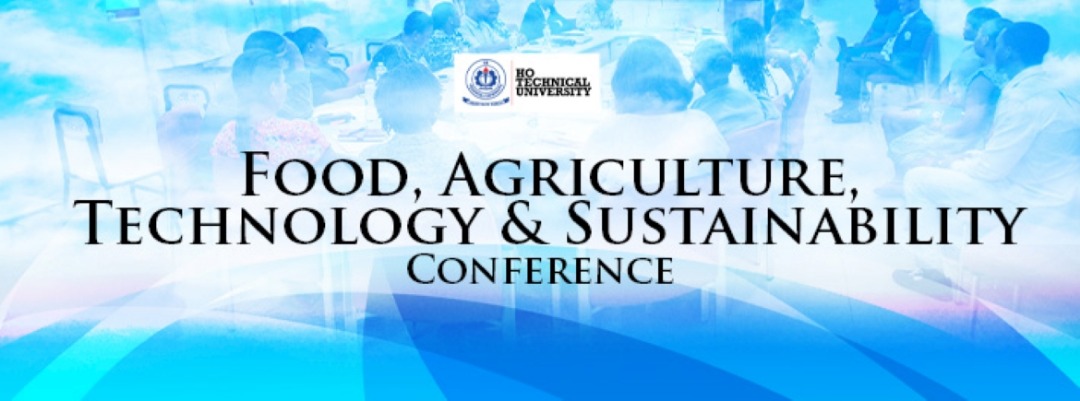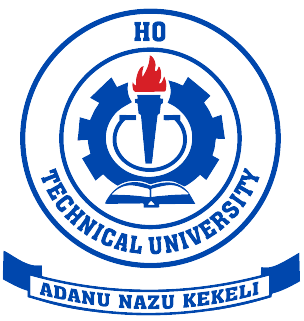
theme
RETHINKING THE FUTURE OF FOOD AND ITS ALLIED SYSTEMS IN AN ERA OF SUSTAINABILITY AND CIRCULARITY
Sub-theme
We invite submission of abstracts in the form of conceptual, systematic, bibliometric, and empirical studies on the following sub-themes for consideration:
Sustainable
agriculture and food production focus on practices that ensure long-term
productivity while minimizing environmental impact. This sub-theme explores
innovative farming techniques, soil health management, and resource-efficient
food production methods that promote resilience and sustainability. Discussions
will include best practices for reducing chemical inputs, promoting
regenerative agriculture, integrating agroforestry, and fostering sustainable
livelihoods for farmers. Additionally, topics such as water-efficient farming,
climate-smart crops, and organic farming will be explored to enhance
productivity while ensuring sustainability.
The impact of climate change on food systems is profound, affecting food production, distribution, and consumption. This sub-theme examines adaptive strategies to mitigate climate-related risks, promote climate-smart agriculture, and enhance food system resilience. Topics of interest include carbon footprint reduction, sustainable land-use policies, precision agriculture for climate adaptation, and innovative practices such as vertical farming and controlled-environment agriculture. Further discussions will delve into greenhouse gas emissions from food production and strategies to transition towards low-carbon food systems.
As
urbanization accelerates, urban and peri-urban agriculture play a crucial role
in enhancing food security. This sub-theme explores innovative approaches to
integrating agriculture into urban settings, such as rooftop gardens,
hydroponics, aquaponics, and community farming. Discussions will address policy
support, infrastructure development, and economic viability to enhance food
access in urban areas. Topics also include sustainable land planning for urban
farming, waste recycling for urban agriculture, and technological interventions
that maximize food production in limited spaces.
Technological
advancements are reshaping food systems, enhancing efficiency, and promoting
sustainability. This sub-theme focuses on the role of emerging technologies
such as precision agriculture, artificial intelligence, blockchain for food
traceability, and smart irrigation systems. The discussion will center on how
these innovations can improve productivity, reduce resource use, and ensure
food safety. Other key areas include automation in agriculture, the role of
biotechnology in food production, digital solutions for food security, and the
use of robotics to optimize farming practices.
Food
loss and waste contribute significantly to global food insecurity and
environmental degradation. This sub-theme delves into circular economy
strategies that minimize waste, enhance resource recovery, and promote
sustainable consumption patterns. Topics include innovative food preservation
techniques, repurposing surplus food, developing biodegradable packaging, and
policy frameworks for reducing food waste along supply chains. Discussions will
also explore how businesses and governments can collaborate to promote
zero-waste strategies and sustainable consumption practices.
Dietary
choices significantly impact food sustainability and public health. This
sub-theme explores consumer-driven approaches to promoting sustainable diets,
the role of plant-based and alternative protein sources, and behavioral
interventions that encourage responsible food consumption. Discussions will
also cover nutrition education, food labeling for sustainability, food ethics,
and policy interventions for healthier and more sustainable food choices.
Additionally, insights into how marketing and social media influence consumer
behavior towards sustainable eating habits will be examined.
Sustainable
food systems require robust policy and governance structures to drive
transformation. This sub-theme addresses regulatory mechanisms, institutional
support, and international frameworks that shape sustainable agricultural and
food policies. Topics include land-use planning, food sovereignty, the role of
government and non-governmental organizations in food security, and the
importance of international cooperation in achieving sustainable food goals.
Further discussions will explore taxation and subsidy policies that promote
sustainable agriculture and food production.
Agroecology
integrates ecological principles into farming systems to enhance biodiversity
and sustainability. This sub-theme focuses on strategies for conserving
agrobiodiversity, promoting ecosystem services, and scaling agroecological
practices. Discussions will highlight the benefits of diversified cropping
systems, traditional farming knowledge, indigenous seed conservation,
pollinator-friendly farming practices, and conservation-oriented food
production models. Additionally, the role of agroecology in climate change
adaptation and food security will be discussed.
Indigenous
and functional foods play a vital role in promoting cultural heritage and
health benefits. This sub-theme explores how the hospitality and tourism
sectors can leverage indigenous food knowledge, promote sustainable culinary
tourism, and support local food economies. Topics include food authenticity,
sustainable food sourcing in tourism, the nutritional benefits of functional
foods, and the role of traditional food processing techniques in enhancing food
quality and safety. Further discussions will address the economic potential of
indigenous food markets and their contribution to sustainable tourism.
Transitioning
towards sustainable and circular business models is key to achieving a
resilient food system. This sub-theme examines business strategies that
prioritize sustainability, such as farm-to-table initiatives, closed-loop food
production, waste-to-value approaches, and sustainable supply chain management.
Discussions will explore innovative entrepreneurship in sustainable
agribusiness, corporate sustainability strategies, and the financial viability
of circular food systems. Case studies of successful sustainable agribusiness
models will also be highlighted.
Scientific
and technological innovations are pivotal in addressing food security
challenges. This sub-theme highlights breakthroughs in biotechnology, genetic
engineering, soil enhancement techniques, and alternative food production
systems. Key discussions will focus on precision breeding, biofortification,
climate-resistant crops, nanotechnology in agriculture, and technological
interventions that enhance agricultural productivity while preserving
environmental integrity. Additionally, the role of data-driven farming and
digital agriculture in optimizing food production will be explored.
Financing
sustainable food systems is critical to fostering long-term resilience and
growth. This sub-theme explores innovative funding mechanisms, public-private
partnerships, and investment strategies that support sustainable agriculture.
Topics will include impact investing in food systems, microfinancing for
smallholder farmers, agribusiness financing models, and policy incentives for
sustainable agribusiness development. Discussions will also explore financial
instruments such as green bonds, insurance schemes for climate resilience, and
the role of development banks in supporting food security initiatives.
ImpORTANT dates
